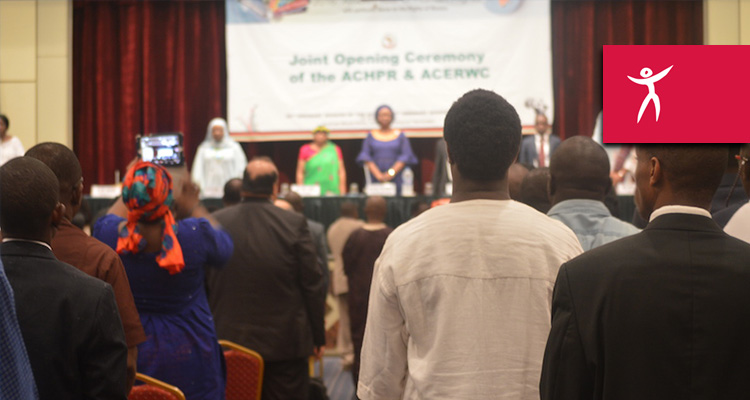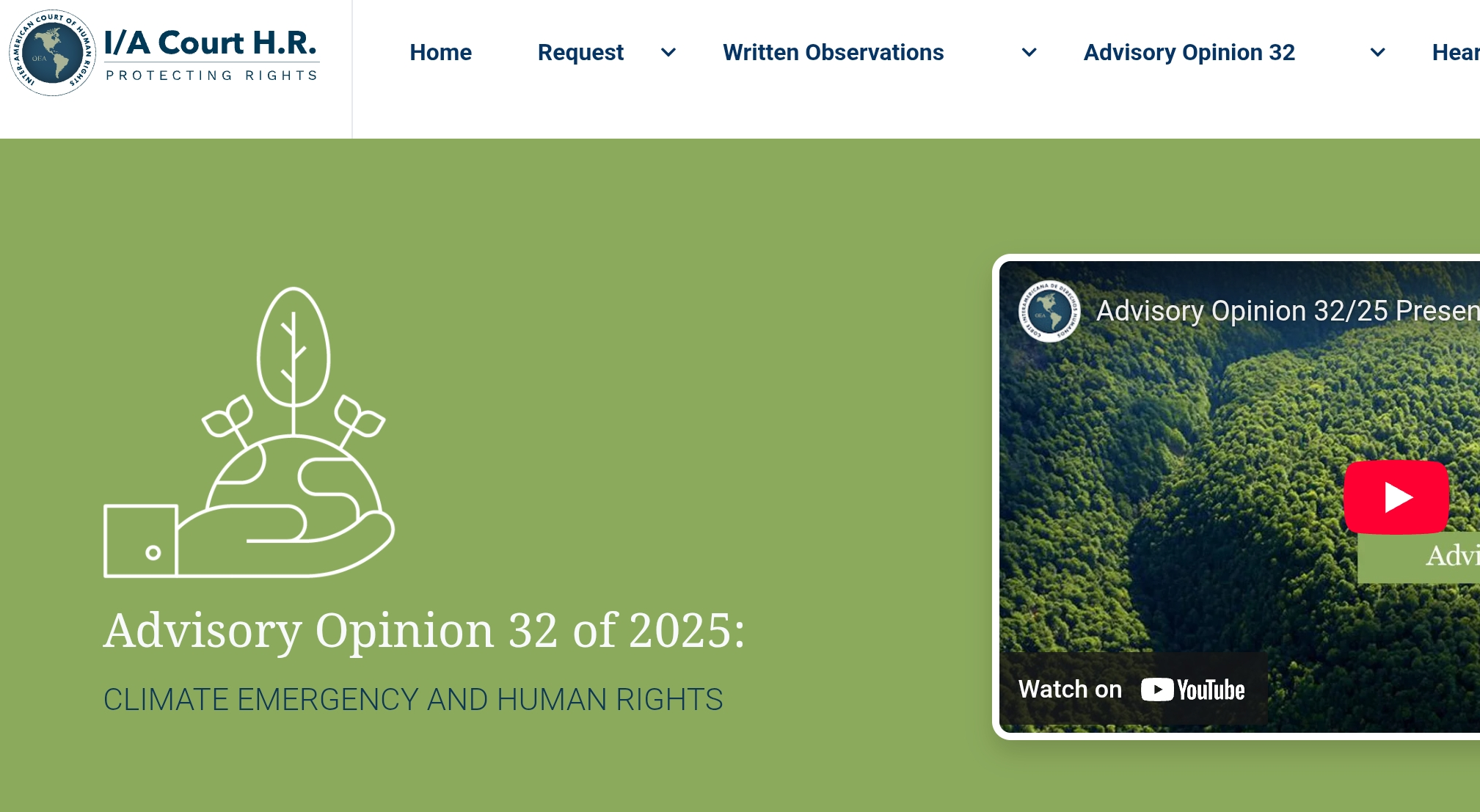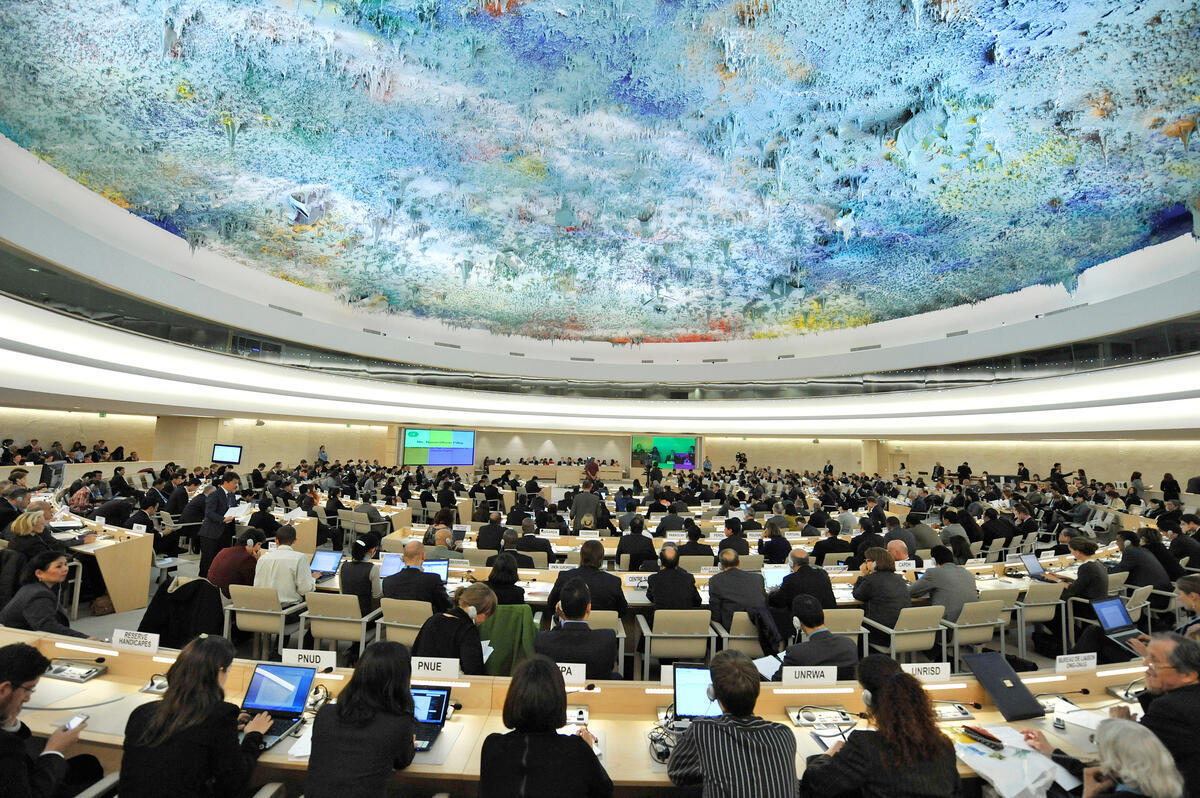The African Commission on Human and People’s Rights held its 59th session in Banjul from 21 October to 4 November 2016 in Banjul, the Islamic republic of Gambia. This session celebrated the African Union’s declaration of 2016 as a year for human rights with a particular focus on women’s rights in Africa.
The agenda of this ordinary session reflected the Commission’s commitment to celebrate and reflect on the human rights achievements and challenges on the continent.
Other issues discussed during this session included:
- the ratification and domestication of African Union Human Rights Instruments,
- the status of implementation of decisions of African Union bodies with a human rights mandate,
- the contribution of the Commission’s Special Mechanisms towards strengthening the Rights of Women in Africa, and
- the synergy and coordination between the AU’s human rights organs and human rights and Transitional Justice.
Two countries where reviewed in accordance to article 62 of the African Charter which oblige states parties to submit periodic reports on the implementation of the African Charter at the national level, every two years. The Government of Côte d’Ivoire presented its periodic report for the 2012-2014 period and Mauritius presented a combined Periodic report from 2009-2015.
Outcomes of the session
The Commission adopted a total of 11 resolutions, five of which addressed the human rights situation in the following countries:
- the Federal Democratic Republic of Ethiopia,
- the Republic of Burundi,
- the Democratic Republic of Congo,
- the Gabonese Republic, and
- the Islamic Republic of The Gambia.
Thematic resolutions were adopted on:
- the criteria for granting and maintaining observer status to non-governmental organisations working on human and peoples’ rights in Africa,
- on the right to freedom of information and expression on the internet in Africa,
- on the need to develop guidelines on policing and assemblies in Africa, and
- on developing reporting guidelines with respect to the extractive Industries.
The Commission considered 15 communications and granted three requests for Provisional Measures.
The Commission considered and adopted its concluding observations on the Periodic Report of the Republic of Mali and its report of its Promotion Mission to the Republic of Senegal.
Although much was achieved for the promotion and protection of human rights on the continent, discussions which took place during this session commemorating the African Union’s human rights year and women’s rights in particular, highlighted the continued existence of enormous challenges for the protection of human rights in Africa.
The first challenge, remains the universal ratification of key human rights instruments by all countries in the region, including the Maputo Protocol on Women’s Rights in Africa and the Protocol establishing the African Human Rights Court. Few countries have adhered to article 35.6 of the Protocol on the court allowing for individual complaints to be filed by the citizens of the concerned country. The protocol on democracy and good governance has also failed to obtain broad ratification on the continent.
A second challenge remains the participation of women in public life and gender equality. Several countries continue to have discriminatory laws which should be revised. The need to fight gender based violence across the continent also remains.
The third challenge remains the spread of conflict and instability on the continent as seen in Burundi, South Sudan and the Democratic Republic of Congo.
Although many countries of the continent have progressed in terms of democratization and the rule of law, the setback experienced in countries like South Sudan and Burundi cast a shadow on the continent and the enforcement of human rights across Africa. These crisis and the lack of economic opportunity for many on the continent cannot be delinked from the growing migration flows, which expose African migrants to severe forms of abuse and human rights violations while in flight.
During this session ISHR organized events and delivered statements focused on the need to recognise the contribution of human rights defenders to the consolidation of the rule of law on the continent and underlined the importance of creating a safe and enabling environment for their work.
As the African Union develops its human rights decade action plan, it will be important to ensure that it considers the human rights challenges that remain on the continent and that it identifies concrete implementable steps to address them, including by providing more support for the protection of civil society activities and space in Africa.
African victims of human rights violations should be the main beneficiaries of the implementation of such an action plan and efforts must be made to ensure that governments develop the necessary political will to implement their promises.




